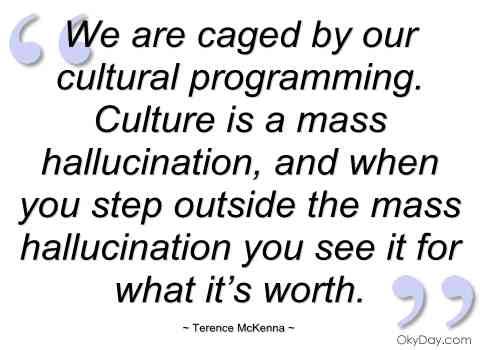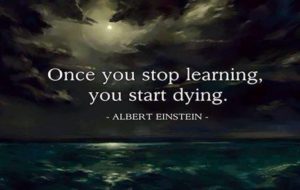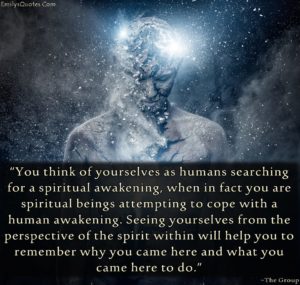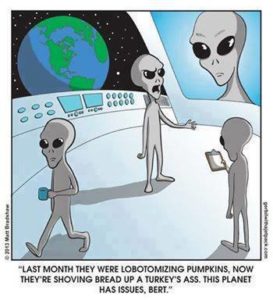
Improvement only ever occurs when a person takes action against a situation he/she cannot tolerate by working towards creating a better replacement.
This applies to your personal situation just as well as more societal situations.
To those who benefit by the inequities in the status quo, those who have a vested interest financially or perceived personal or group advantage, those desiring change are trouble makers.
How many times have your heard, “Don’t rock the boat!” with the usually unspoken admonition that if you do, some people could drown.
Well. I’m not for accidentally drowning people but a few money changer’s carts could be overturned to their detriment and everyone else’s benefit!
What are you going to do this week different from what you did last week that will improve your life and the lot of us all?
March Against The Cause
I Don’t Believe The Government Is Reading My Emails
The Silly Pseudo Science That Is ‘Modern Economics’
All modern science has been utterly corrupted to the core through orthodoxy and political correctness, under the pressures of power and commerce. So why are people so surprised it’s the same with ‘economics’?
http://realcurrencies.wordpress.com/2014/07/04/the-silly-pseudo-science-that-is-modern-economics/
Don’t Chase People
Once You Stop Learning
We Grow Old By Deserting Our Ideals
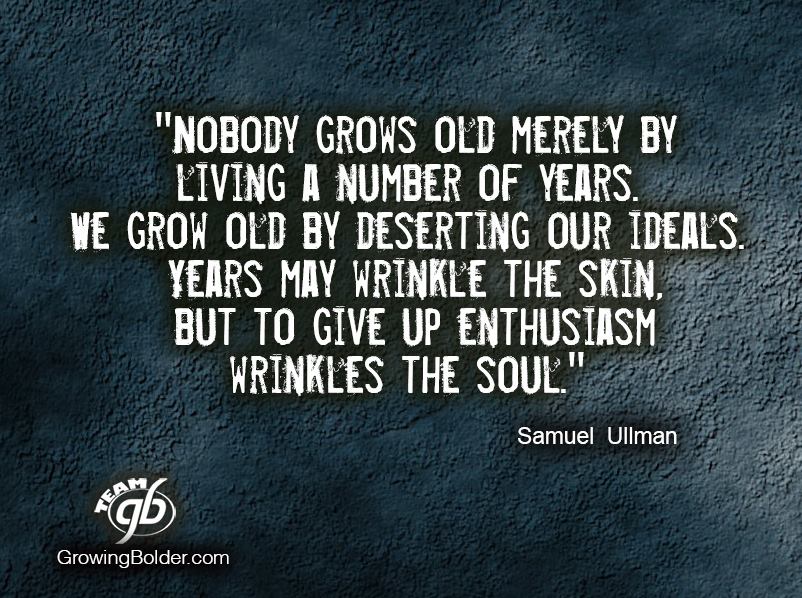
We Are Caged by Our Programming
